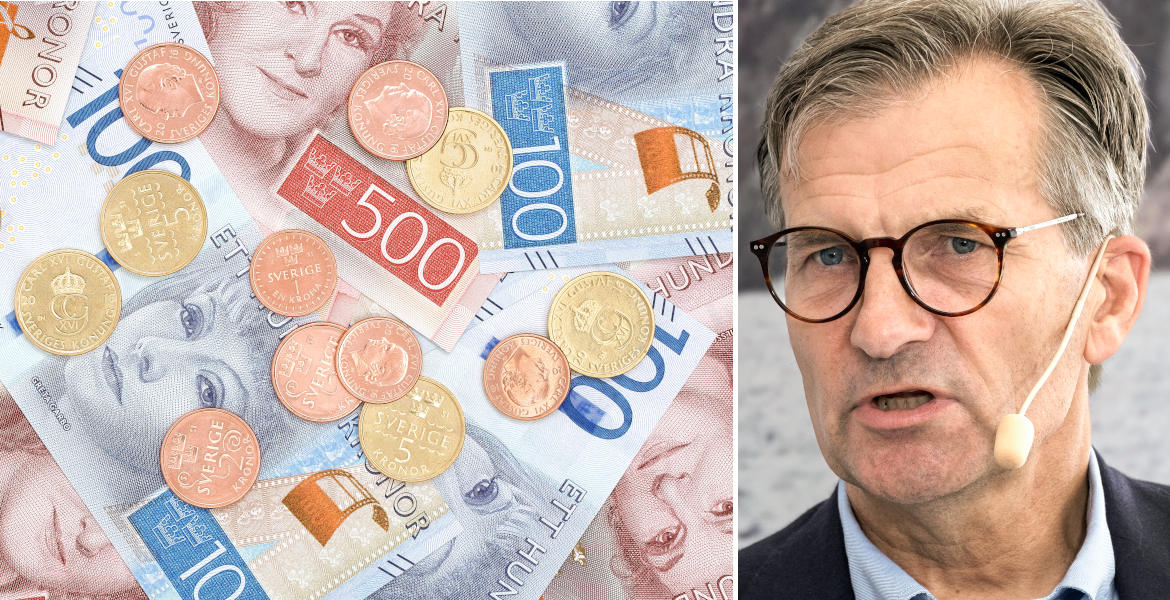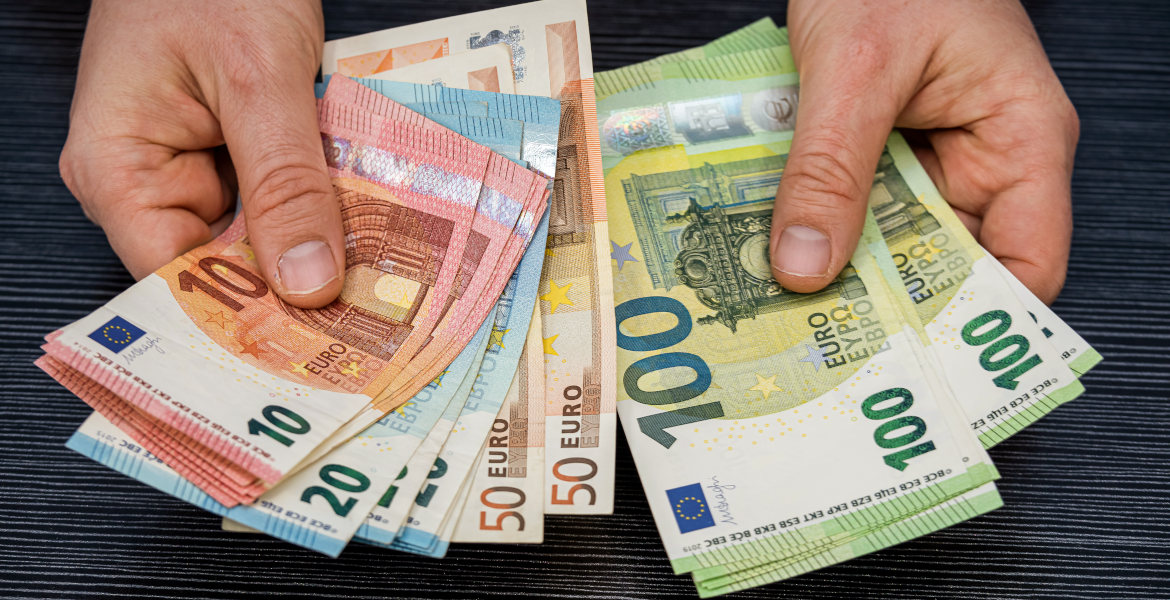Sweden is predicted to become the world’s first completely cashless country. Already today, it is impossible to pay with cash in many contexts.
The Riksbank sees major risks in this development and urges all Swedes to keep cash at home and use it so that shops and banks can clearly see that there is still a large demand.
Several analysts have noted that a “war on cash” is under way in Sweden and the entire Western world, with the aim of completely digitizing the economy and completely removing the possibility of paying with banknotes and coins.
Those businesses that make it impossible for their customers to pay with cash usually justify this with increased risk of robbery, risk of money laundering or that customers simply no longer want to pay with physical money. Many small businesses also point out that cash handling entails extra costs in the form of fees of various kinds, and that they therefore stop accepting cash.
However, critics have pointed out that the primary reason for the hostility to cash is that it is a relatively anonymous and privacy-friendly payment method and that it makes it difficult for banks, authorities and other actors to map and monitor in detail how Swedes use their money.
“Use cash”
Although the major banks dislike cash, the Governor of the Riksbank, Erik Thedéen, and the Deputy Governor, Aino Bunge, take a different view. In an opinion piece, they argue that Swedes need to use considerably more cash than they do today – and not just keep it lying around at home, but also use it to make everyday purchases.
They note that in troubled times like these, it is of the utmost importance to ensure that there is a robust payment system that cannot be disrupted or sabotaged – and that the ability to pay with cash is an important part of this.
“Keep small denominations of cash at home to cover a week’s worth of essential purchases. Use cash at regular intervals. Shops and banks need to see a demand for them to continue accepting them”, they write.
Want to introduce a “cash obligation”
The Riksbank governors also want Swedish politicians to introduce a “cash obligation” for the sale of important basic goods and to legislate on measures to protect the right to pay with cash.
“The Riksbank also believes that it must be possible to pay in cash for essential goods, such as food, fuel and medicines, in the future as well”, they state, adding that the major banks must take greater responsibility for offering cash deposits and exchange services to traders.
It also notes that there is currently only one player – Loomis – offering cash transportation to and from retailers, and that this too needs to change.

More people need to get bank accounts
The press release notes that “cash remains an important payment option, not only for contingency reasons – but also for people who, for various reasons, are unable or unwilling to access digital services”.
It also stresses that it is up to citizens to make an effort to “strengthen their own payment preparedness and have both physical payment cards and cash available” and to use them.
It also encourages Swedes to have cards from at least two different issuers and wants more citizens than today to have access to payment accounts.
– Without a payment account, you cannot participate in society on the same terms. A common reason for banks to deny or close accounts is that they believe they cannot meet the legal requirements regarding money laundering and terrorist financing. These are serious social problems that must of course be counteracted. At the same time, we believe that more people should be given access to a payment account with basic functions, says Erik Thedéen.








